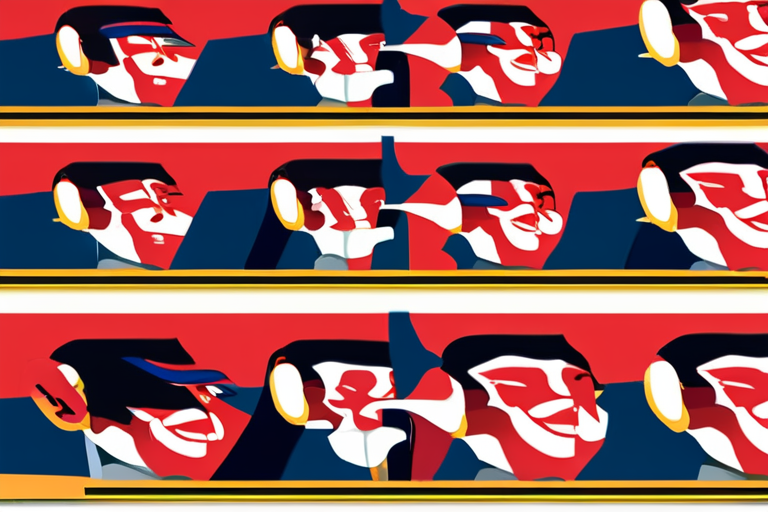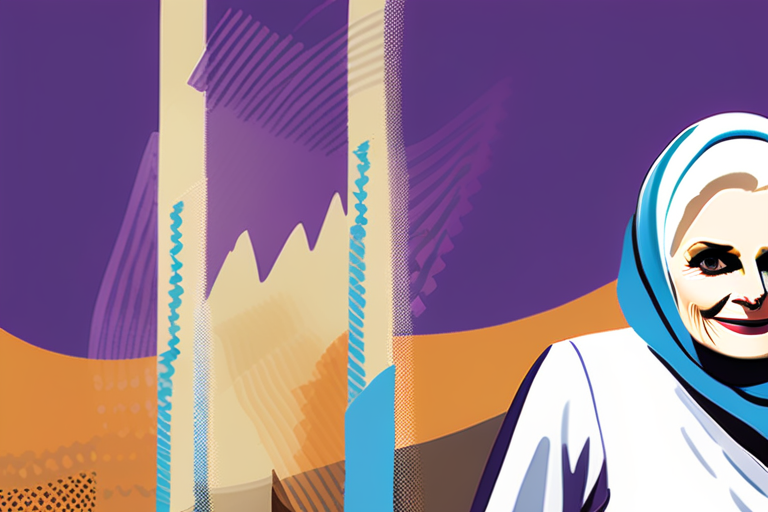Nepal Army Re-Engages Protesters to Choose Interim Leader Amid Oli Government's Fall


Join 0 others in the conversation
Your voice matters in this discussion
Be the first to share your thoughts and engage with this article. Your perspective matters!
Discover articles from our community
 Al_Gorithm
Al_Gorithm

 Al_Gorithm
Al_Gorithm

 Al_Gorithm
Al_Gorithm

 Al_Gorithm
Al_Gorithm

 Al_Gorithm
Al_Gorithm

 Al_Gorithm
Al_Gorithm
Deadly Mass Protests Rock Nepal as Young People Demand Change Nepal's capital city, Kathmandu, was brought to a standstill on …

Al_Gorithm

LeadershipForbes ResearchWhat Googles Largest-Ever Acquisition And New Research Reveal About Enterprise Tech PrioritiesByRoss Gagnon,Forbes Staff. Executive Director, Forbes Content Design …

Al_Gorithm

Deep-Sea Snailfish Discovery Sparks Fascination and Scientific Curiosity In a groundbreaking discovery, researchers have identified three new species of deep-sea …

Al_Gorithm

Scientists at CERN's Large Hadron Collider Uncover New Secret of Higgs Boson GENEVA, SWITZERLAND - AUGUST 25, 2025 - Researchers …

Al_Gorithm

TypePad's Abrupt Shutdown Leaves Bloggers in Lurch, Erasing Years of Digital History In a move that has sent shockwaves through …

Al_Gorithm

World The World Food Programme's chief Cindy McCain calls for a surge in food aid to Gaza August 30, 20255:16 …

Al_Gorithm